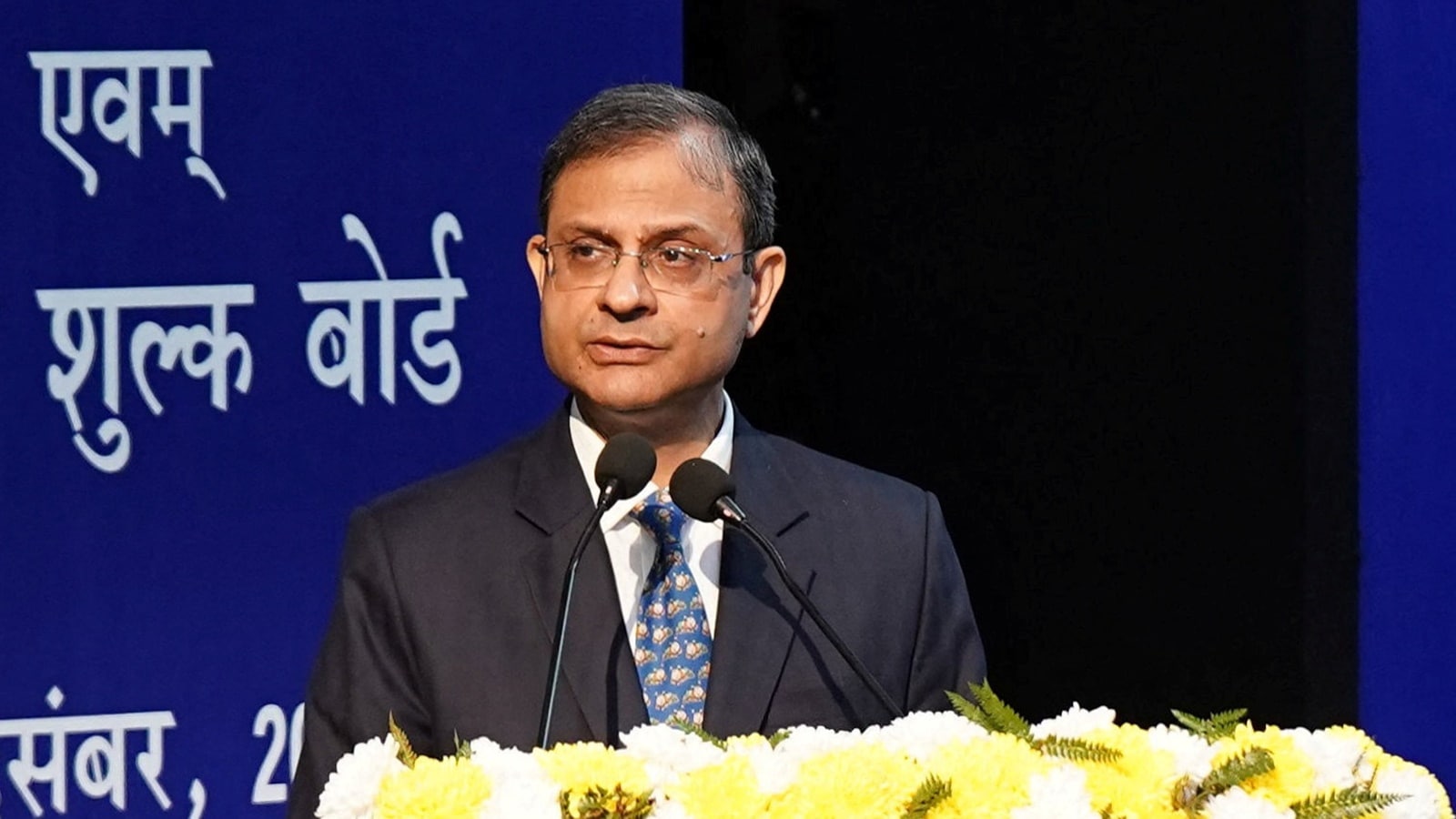 |
|
Sanjay Malhotra's appointment as the 26th Governor of the Reserve Bank of India (RBI) marks a significant moment for India's economic landscape. His predecessor, Shaktikanta Das, leaves behind a legacy shaped by navigating the complexities of a global pandemic and subsequent economic fluctuations. Malhotra inherits a challenging mandate: balancing economic growth with the imperative to control inflation. His stated intention to consider ‘all perspectives’ and act in the ‘best interest of the economy’ suggests a pragmatic approach, acknowledging the intricate interplay between various economic sectors and stakeholders. The near two-year low GDP growth rate of 5.4 percent in the July-September quarter underscores the urgency of addressing the current economic slowdown. The RBI's subsequent downward revision of its FY25 growth forecast from 7.2 percent to 6.6 percent highlights the severity of the situation and the need for decisive action.
The incoming Governor faces a delicate balancing act. While the government may advocate for measures stimulating economic growth, particularly in light of the slowing growth indicators like reduced credit growth, flagging consumption, and softer capital expenditure, the RBI's primary mandate centers on price stability. The tension between these two goals is evident in the differing approaches taken by the government and the RBI in recent times. The perceived delay in cutting the key policy rate, combined with macroprudential measures such as higher risk weights on unsecured loans and a discussion paper on higher provisioning for project loans, has been interpreted by some as dampening economic activity. This situation requires Malhotra to carefully navigate potential disagreements and find a compromise that balances both short-term growth stimulation and long-term price stability.
Malhotra's background, possessing a B.Tech in Computer Science and Engineering and a Master's in Public Policy, equips him with a unique skillset. His experience as Revenue Secretary and Secretary, Department of Financial Services, provides him with invaluable insights into the workings of the Indian government and its economic policies. This combination of technical expertise and policy understanding is likely to inform his approach to the challenges ahead. However, the success of his tenure will ultimately hinge on his ability to effectively communicate and collaborate with various stakeholders, including the government, financial institutions, and the general public. His commitment to understanding all perspectives is crucial, but translating this commitment into effective policy requires astute judgment and decisive leadership. His decisions will significantly impact the direction of the Indian economy in the coming years.
The challenges facing Malhotra are multifaceted. He must address the slowdown in credit growth, which is a key indicator of economic health. Boosting consumption, particularly in urban areas, is also vital for driving economic expansion. Increased capital expenditure by both the central and state governments is needed to stimulate investments and generate jobs. Furthermore, the management of inflation remains a priority, requiring careful consideration of monetary policy tools and their impact on growth. The balance between maintaining a stable currency and fostering economic growth is an ongoing and delicate balancing act. Any missteps could lead to further economic instability, which would have ramifications across all sectors.
The coming months and years will be a critical test of Malhotra's leadership. His ability to navigate the complexities of the Indian economy, manage the relationship between the RBI and the government, and implement effective policies will determine the success of his tenure. The expectations are high, and the stakes are considerable. The health of the Indian economy, the stability of the financial system, and the overall well-being of the Indian population will all depend on the decisions and actions of the new RBI governor. His focus on understanding all perspectives and acting in the best interests of the economy is a promising start, but the execution of this approach will be the ultimate measure of his success.
